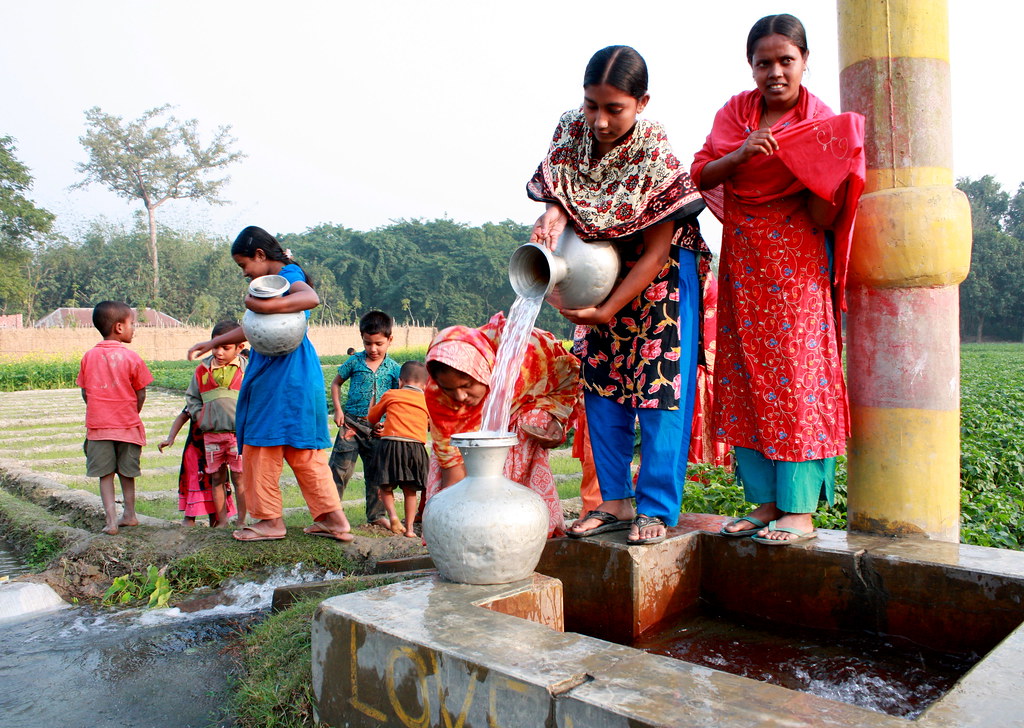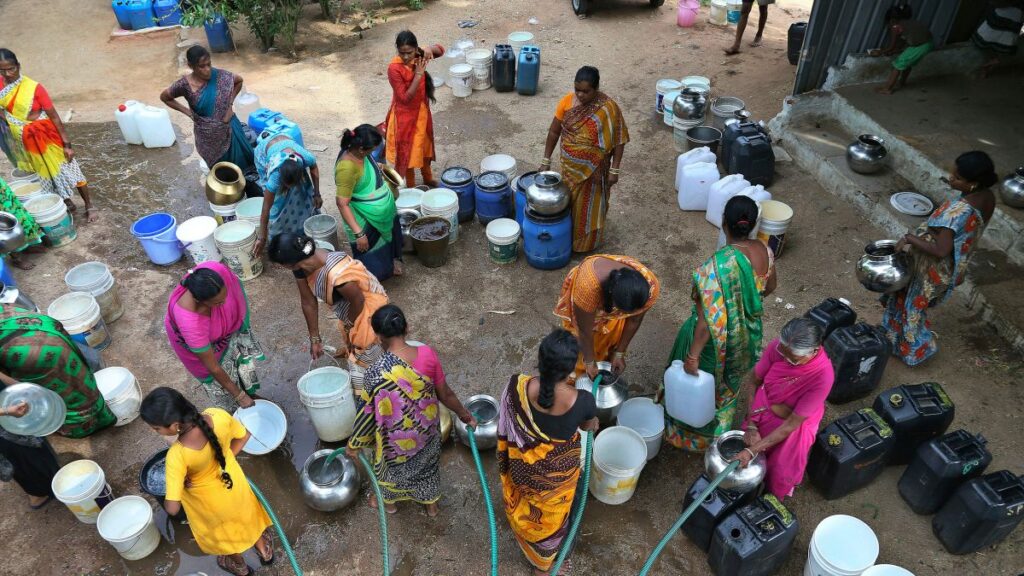
In rural India, women and girls often bear the significant responsibility of collecting water for their families. This task, which can consume several hours each day, profoundly impacts their health, education, and economic opportunities. Reliable water storage solutions can play a transformative role in alleviating this burden, leading to greater empowerment and improved quality of life for women in these communities. This article explores how effective water storage systems can empower women in rural India by reducing their daily challenges and enhancing their opportunities.
Reducing Time Spent on Water Collection:
In many rural areas, women and girls spend several hours each day fetching water from distant sources. This labor-intensive task can interfere with their daily responsibilities, including household chores, childcare, and educational pursuits. Reliable water storage solutions, such as community water tanks or household rainwater harvesting systems, significantly reduce the need for frequent trips to water sources.
Community Water Tanks
Community water tanks, often established through collaborative efforts or government programs, provide a central and accessible location for residents to collect water. By reducing the distance to a water source, these tanks free up valuable time for women, allowing them to engage in other productive activities or spend more time with their families.
Rainwater Harvesting Systems
Rainwater harvesting systems capture and store rainwater directly from roofs or catchment areas. These systems, when implemented at the household level, provide a reliable and readily available water supply. With rainwater harvesting, women no longer need to travel long distances for water, which alleviates their daily workload and improves their quality of life.
Enhancing Health and Hygiene:
Access to clean and safe water is crucial for maintaining good health. Women in rural areas often face challenges related to waterborne diseases due to unreliable or contaminated water sources. Improved water storage solutions contribute to better health outcomes by ensuring a consistent supply of clean water.
Safe Storage Solutions
Modern water storage solutions, such as stainless steel tanks or properly designed plastic tanks with secure lids, help maintain water quality and prevent contamination. By providing safe and hygienic storage, these solutions reduce the risk of waterborne illnesses, which can be particularly beneficial for women and children who are more vulnerable to health issues.
Reduced Health Risks
Carrying heavy loads of water over long distances can lead to physical strain and health problems for women. By minimizing the need for such labor-intensive tasks, reliable water storage solutions help reduce the risk of musculoskeletal injuries and other health concerns associated with water collection.

Facilitating Educational Opportunities:
In rural India, the burden of water collection often leads to missed educational opportunities for girls. The time spent fetching water can prevent them from attending school or completing their homework. By alleviating this burden through effective water storage systems, girls are more likely to attend school regularly and achieve better academic outcomes.
Increased School Attendance
With easier access to water through community or household storage systems, girls can spend more time in school instead of on water collection. This shift supports their educational development and opens up opportunities for personal and professional growth in the future.
Enhanced Learning Environment
Access to clean water also improves the overall learning environment. Schools with reliable water sources can maintain proper sanitation facilities, which contributes to a healthier and more conducive atmosphere for learning.
Empowering Economic Opportunities:
Reliable water storage solutions can also impact women’s economic opportunities by enabling them to engage in income-generating activities.
Time for Economic Activities
The time saved from water collection can be redirected towards economic activities such as farming, small businesses, or artisan crafts. Women who have more time available can contribute to their household income, which enhances their financial independence and economic stability.
Improved Agricultural Productivity
In areas where water storage solutions support irrigation, women farmers can benefit from improved agricultural productivity. Access to stored water allows for more consistent and efficient irrigation practices, leading to better crop yields and increased income.
Conclusion:
Reliable water storage solutions have the potential to significantly empower women in rural India by reducing the time and effort required for water collection, improving health and hygiene, facilitating educational and economic opportunities, and strengthening community bonds. By addressing the challenges associated with water scarcity, these solutions contribute to a more equitable and supportive environment for women, ultimately enhancing their quality of life and fostering their overall empowerment.


